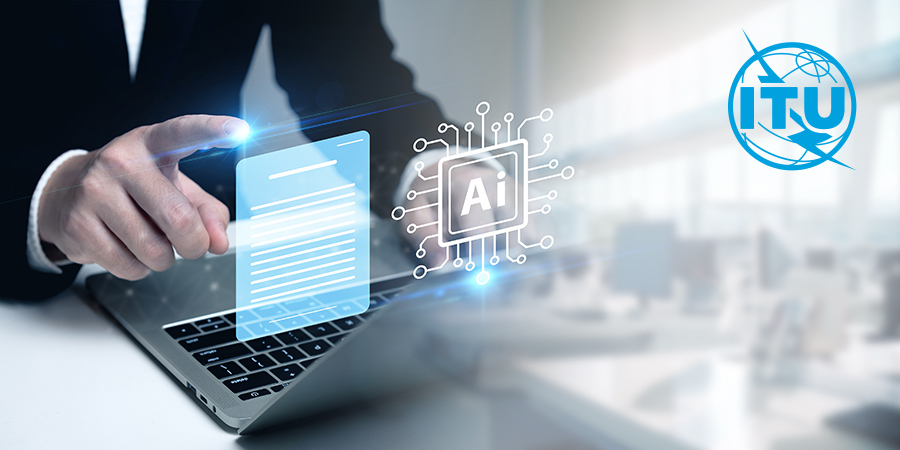The International Telecommunication Union (ITU) recently launched the Analysis Towards a Standardized Readiness Framework for artificial intelligence (AI) integrations.
The framework exhibits a comprehensive set of guidelines for assessing AI adoption while driving sustainability and economic growth.
Key factors for AI readiness include access to open data, the availability of research resources, and the ability to deploy AI alongside supporting infrastructure. Stakeholder buy-in is crucial and is facilitated by standards encompassing trust, interoperability, and security. A strong developer ecosystem, fostered by open-source platforms, is also important. Additionally, effective data collection and model validation must be supported by sandbox pilot experiments to ensure safe testing and refinement.
Furthermore, the report highlights the role of AI in accelerating the accomplishment of Sustainable Development Goals (SDGs) and provides a wide array of AI-powered solutions to address pressing global challenges.
Also Read: From Role Models to Evolving Players: Assessing Arab States in the ITU's GCI 2024
AI for Good
The ITU emphasized the opportunities AI-based solutions present in the enhancement of quality of life. These enhancements are made possible through various innovations, including the implementation of digital twins, the Internet of Things (IoT), chatbots, and data collection (for algorithmic development).
Recognizing the significance of validating innovative solutions, the ITU continues to maintain its commitment to supporting real-world pilot initiatives and deployments, transcending laboratory simulations and experimentations.
Among these innovative solutions are cloud-hosted applications with exposed application programmer interfaces (APIs). These APIs are utilized to address real-world challenges by integrating AI and machine learning (ML).
The use cases are also central in AI-integrated technologies including autonomous vehicles, smart cities, and domains involving public services for policy information and local engagement.
Related: Divine Intervention: Call for Ethical AI Grows
U-Ask
The report also highlighted the United Arab Emirates (UAE) AI platform, U-Ask, which aims to transform citizen interaction in its government services. The AI model addresses the challenges associated with navigating policy regulations by enabling a streamlined and information-driven platform accessible via a chatbot.
Utilizing a generative model, U-Ask produces tailored responses based on user requests, while also applying prediction and recommendation models to advise relevant follow-up questions.
In addition, the AI platform also supports a voice-to-text feature, enhancing its ability to address inquiries more efficiently.
Read More: TDRA Integrates GenAI into ‘U Ask’ Platform
Future Network Technologies
With the forthcoming launch of IMT-2030 (6G), the report accentuates the integration of AI with future networks and the consequent enablement of new applications and services. The ITU underscores the use of natural language processing (NLP), generative AI, and digital twins in launching intelligent network applications.
The framework aims to aid the ITU as it implements macro and micro decisions in terms of AI deployment and adoption. The ITU’s commitment to driving international cooperation is reflected in the establishment of standardized data analysis methods which measure AI’s readiness to address relevant risks and challenges.
The framework is designed to provide support for government officials, policymakers, international organizations, and industry stakeholders.
Continue Reading:
The Motivation Behind ITU's CitiVerse Initiative











